Hello everyone. I’m @olivertomolife and I’ve studied abroad in Sydney!
What do you think is the first thing you need to do when you arrive in Australia?
That’s right, opening a bank account, right?
And if it’s your first time in Australia, you probably don’t know which bank is best for you.
So this time, I’m going to explain Australian banks by purpose!
- I want to know which bank is the best in Australia.
- Looking for a bank with many ATMs
- Looking for a bank with an app that is easy to use
- Types of Banks in Australia
- Types of Bank Accounts and Opening Hours
- How to Open an Account
- Bank Suggestions for Different Purposes
- Where can I use my debit card?
I studied in Sydney for a year starting in 2018. Now I am writing a blog about that experience.
By reading this post, you’ll get to know about the best banks in Australia!
Types of Banks in Australia
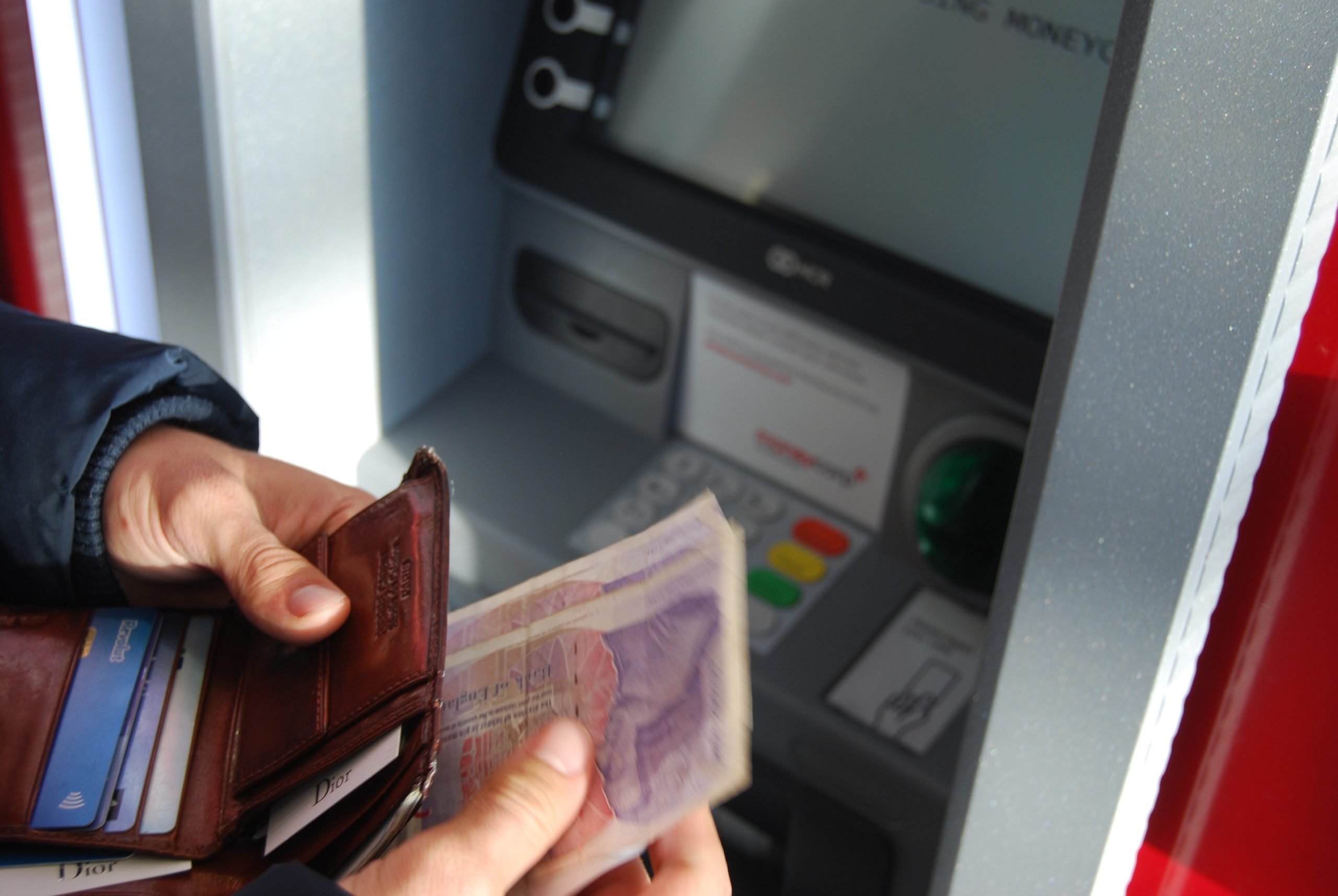
There are four major banks in Australia, so let’s take a look at each of them!
1 ANZ
ANZ is a bank with over 175 years of history in Australia and is headquartered in Melbourne.
There are no account management fees for those under 25 years old or full-time students.
You can also use your bank card in New Zealand.
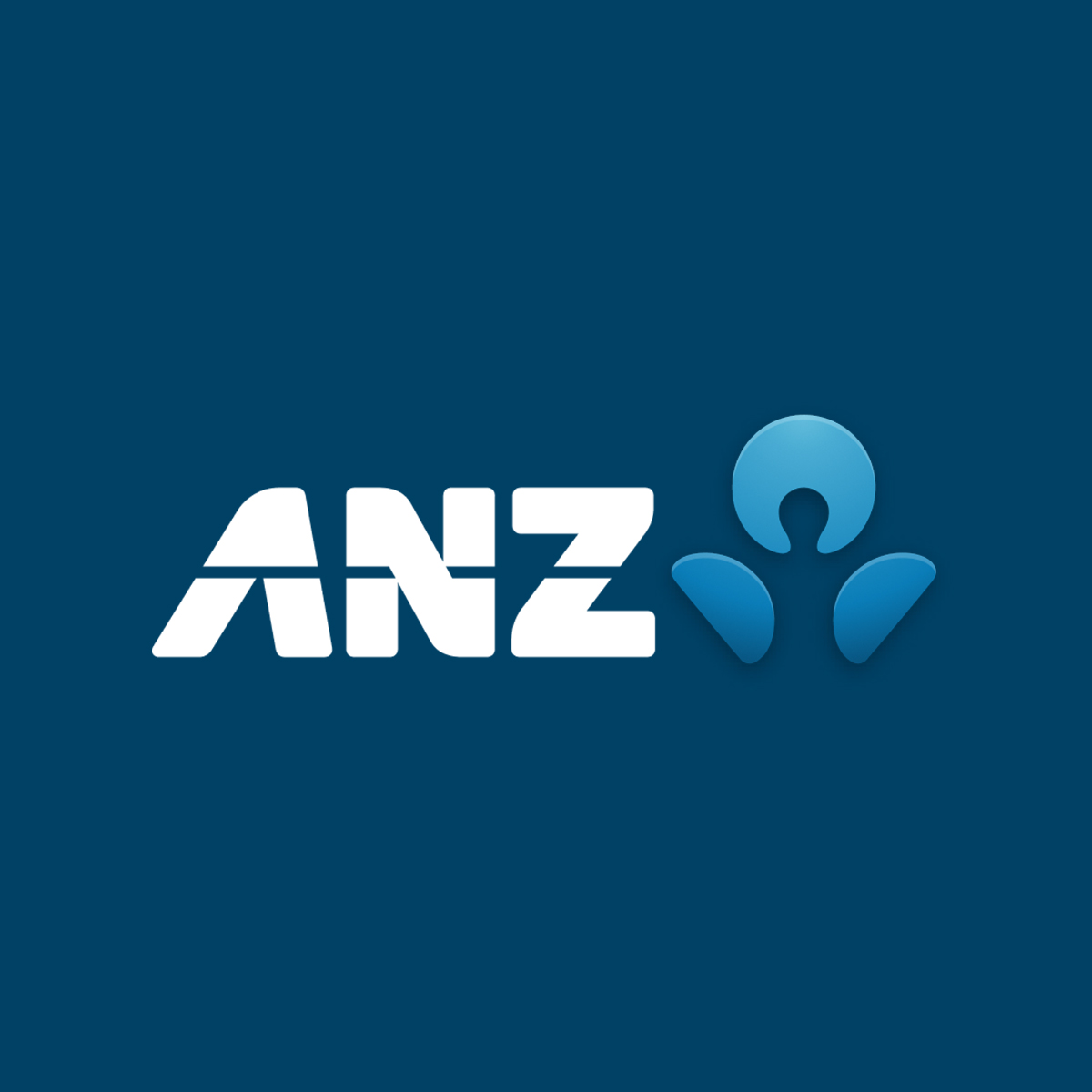
2 Commonwealth Bank
Commonwealth Bank has a history of over 100 years and is the second largest bank in Australia.
There is no account management fee for students under the age of 21.
The internet banking service is highly rated by customers and has the highest satisfaction rating in the country.
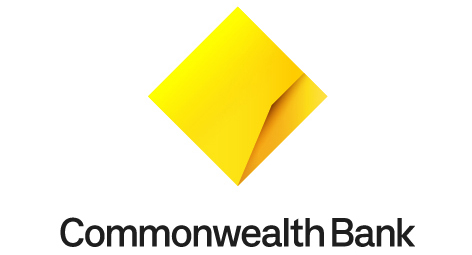
3 Westpack bank
This bank has a history of more than 200 years and is expanding its business in Asia.
There are no account management fees for those under 21 or full-time students.
And if you are on a working holiday visa, there is no account management fee for one year.
4 NAB
NAB is the largest bank in Australia, and does business in Asia and Europe.
There is no account management fee for anyone and no minimum deposit requirement.
Types of bank accounts and opening hours
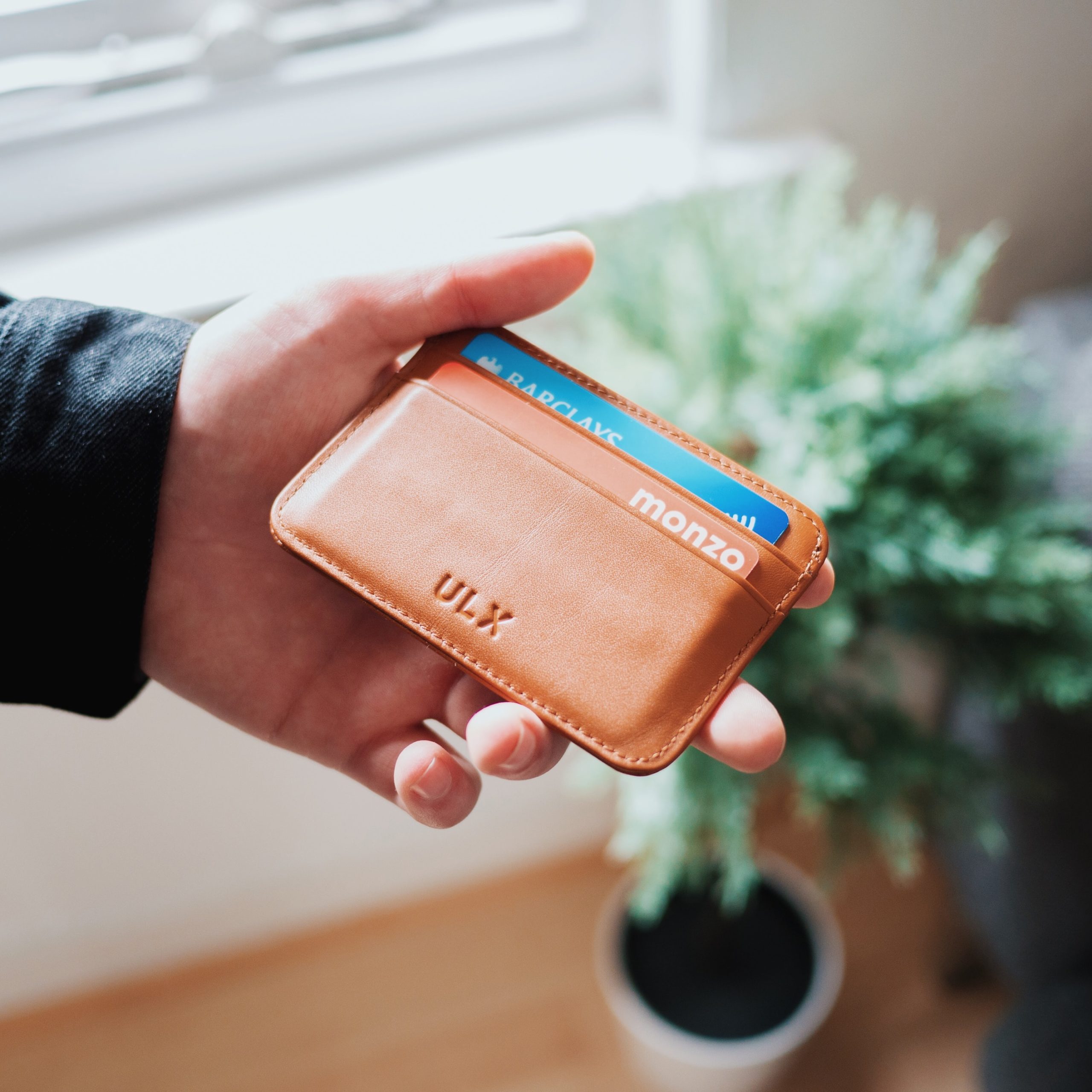
1 Saving Account
This is a general savings account used by international students and working holidaymakers.
There are various types of savings accounts available at different banks.
For example, you may need to pay an account management fee and have free transactions, or you may have no account management fee and have a certain number of transactions.
2 Term Deposit Account
This is an account for saving money that is not normally used.
Depending on the type of account, it can be used together with a regular account and may earn interest.
3 Business Hours
Each bank’s business hours may vary, but the average business hours are as follows
| Monday to Thursday | 9:30~16:00 |
| Friday | 9:30~17:00 |
| Saturday | 9:30~12:00 |
| ATMs | available 24 hours a day, 365 days a year. |
How to open an account

A passport is required, although this may vary from bank to bank.
Other documents such as a credit card or international driver’s license may also be required.
It is recommended that you open an account in Australia as soon as you arrive.
This is because utility bills and other documents will be required more than six weeks after your arrival.
So, open an account before the process gets too complicated!
Cash card and PIN
You can receive your account number after opening your account.
However, your cash card will be mailed to you in one to two weeks before you receive it.
You can choose to pick it up at home or in person at the bank.
When you receive your card, you will need to sign your name on the back and go through a process called activation.
The signature must be the same as the one on the application.
The instructions are included in the notice, so follow them.
If you are not sure, it is better to go to the bank and ask.
The PIN you need to use your cash card may be sent to you when you open your account or by mail.
You can change your PIN later at an ATM.
Banking suggestions for different purposes
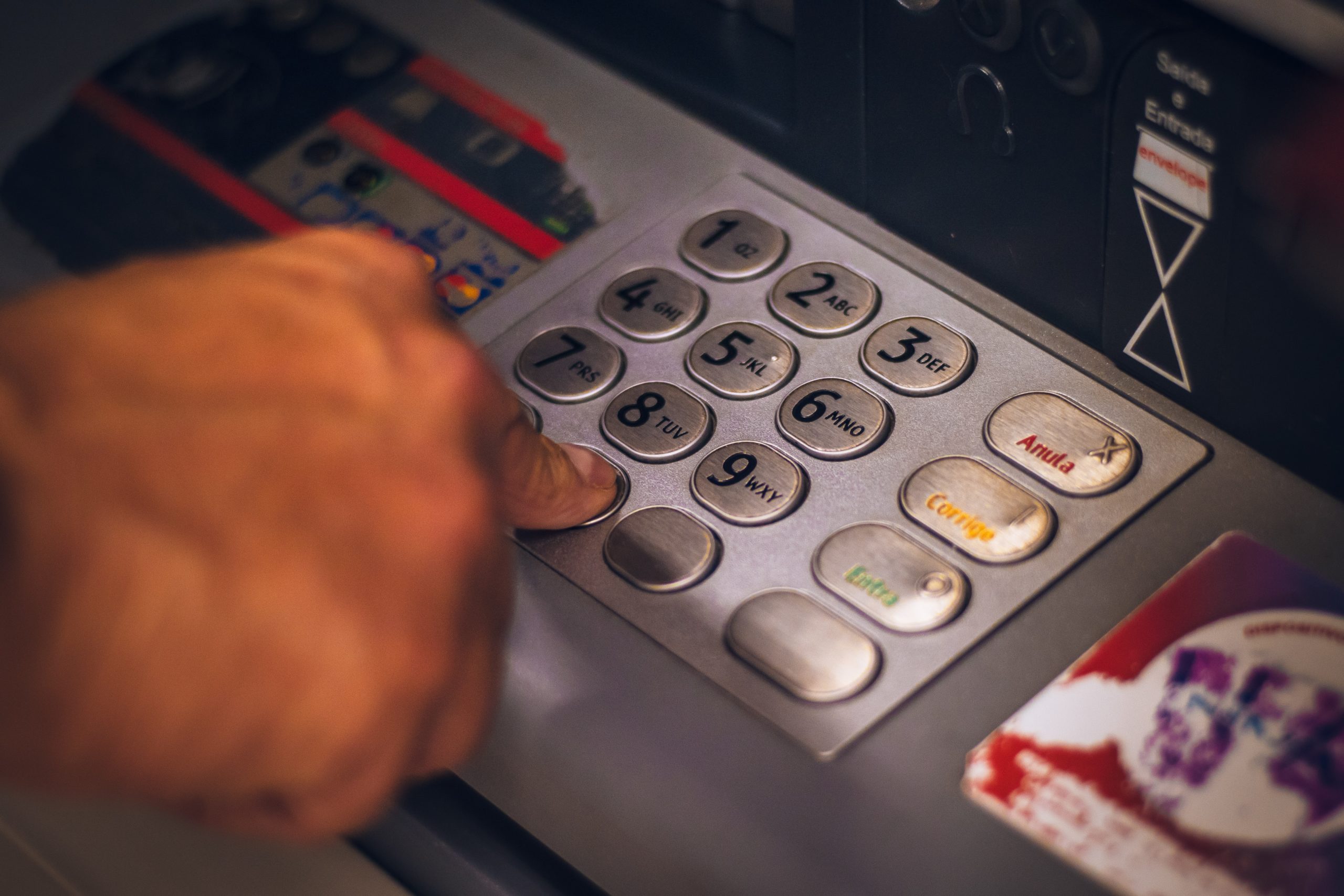
Each bank in Australia has its own unique characteristics.
The following are four criteria that will help you choose the right bank for you.
1 Fees
First of all, there are no ATM fees in Australia.
However, there is an account management fee of $5 Australian dollars, which is deducted from your account every month on average.
Each bank has its own campaign, but as a general rule, the fee is deducted from your account.
If you want to avoid this fee, NAB is the bank for you.
This bank does not charge a monthly account management fee.
However, the drawback is that the app is difficult to use.
2 Ease of use of the app
Since there is no bankbook in Australia, there are many opportunities to send money using the app.
Hence, the easier the app is to use, the better!
I recommend Commonwealth Bank because their app is very easy to use and you can send money easily.
I used to use a different bank and sometimes I couldn’t send money, but this bank is convenient because I can send money right away.
3 ATMs
If you suddenly need to withdraw money and your bank doesn’t have an ATM, it would be inconvenient, right?
In the city, all banks have many ATMs, but in the suburbs, there may be few.
And by far, the bank with the most ATMs in Australia is Commonwealth Bank.
Click here to see how many ATMs the four major banks have.
If you choose the four major banks when you open your account, you won’t have any problem there.
However, if you are concerned about the number of ATMs even a little bit, I recommend you to choose Commonwealth.
4 What if I want to use it bilaterally?
In Australia and New Zealand, there is a bank called ANZ.
This bank literally allows you to use your account bilaterally.
This is convenient because you don’t need to exchange money when you travel from Australia to New Zealand.
You can also buy Australian stocks at ANZ.
Where can I use my debit card?
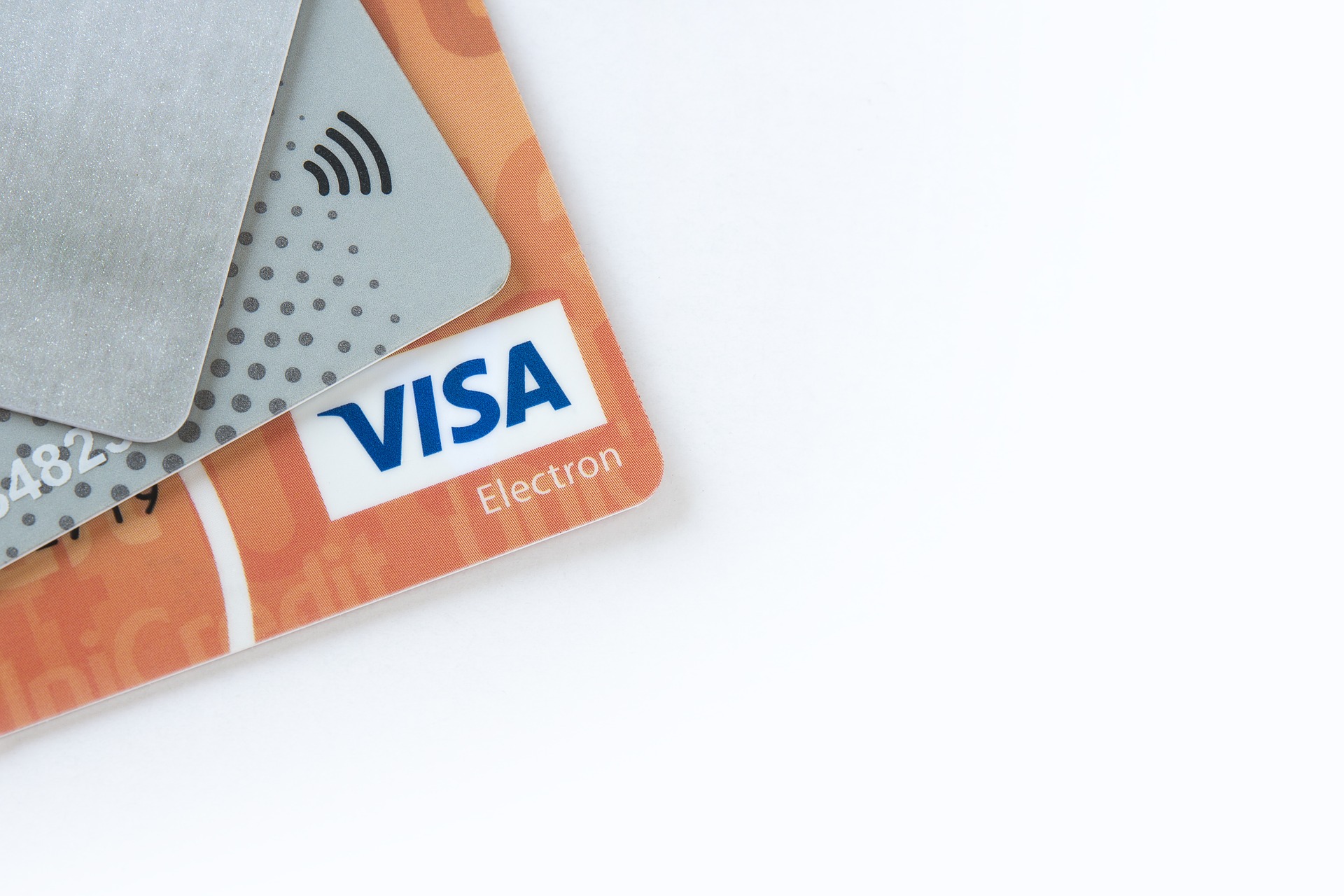
1 Places where debit cards are accepted
Basically, you can use your debit card in public places such as supermarkets, restaurants, and bars.
Australia has a high penetration rate of card payments, so there are not many situations where you need to use cash.
However, there are some places where debit cards are not accepted, which are explained below.
2 Places where debit cards are not accepted
One place where debit cards are not accepted is in Asian restaurants.
The reason for this is that many places give cash wages to part-time workers.
Therefore, you cannot use your card.
This way of giving wages is illegal, so be careful if you have a part-time job.
Conclusion

- Overall, Commonwealth Bank is recommended.
- ATM fees are always free in Australia.
- Choose a bank according to your purpose!
This is a summary of how to open a bank in Australia!
Please stay tuned for more information about Australia in the future.
Thank you for reading to the end!










コメント